A Guide to Identifying and Repairing Sewer Line Damage
A damaged sewer line is a severe problem that many homeowners overlook until it's too late. Learn how to identify sewer line damage and repair your plumbing with the best plumbers in Chicago.
Signs of a Sewer Leak
- Strange Sounds: If you hear running water when your faucets are off, it could indicate a break in your sewer line.
- Wet Floors: Spongy or moist floors can be a sign of a sewer leak, causing damage to your flooring.
- A Mildew Smell: Excess moisture from a sewer line leak can lead to mildew growth and a persistent musty odor in your home.
- Cracks in Your Foundation: Leaking sewer lines can cause the ground to shift, leading to cracks in your home's foundation.
- Lush Landscape: Areas of your yard that are unusually lush and green may indicate a damaged sewer line leaking water.
- Rat Infestation: Rats may be attracted to the smell of sewage from a broken sewer line.
- High Water Bills: Unexplained increases in water bills could be a sign of a leak in your plumbing.
How to Detect a Damaged Line
If you suspect a leak, contact the best plumbers in Chicago to perform tests such as:
- Hydrostatic Pressure Test: A test that involves blocking the pipe and adding water to detect leaks.
- CCTV Inspection: A video inspection to visually identify leaks in the sewer line.
- Static Leak Isolation Testing: Testing different sections of the sewer line to pinpoint the damage.
Fixing the Leak
Once the leak is identified, plumbers may use methods such as:
- Structural Pipe Lining: Installing a new pipe inside the old one using epoxy-soaked felt.
- Pipe Bursting: Replacing a collapsed pipe with a new one for severe damage.
- Spray Lining: Spraying a polymer resin lining into the damaged pipe for repair.
If you suspect a sewer line leak, don't hesitate to contact an emergency plumber in Chicago for prompt detection and repair services.











